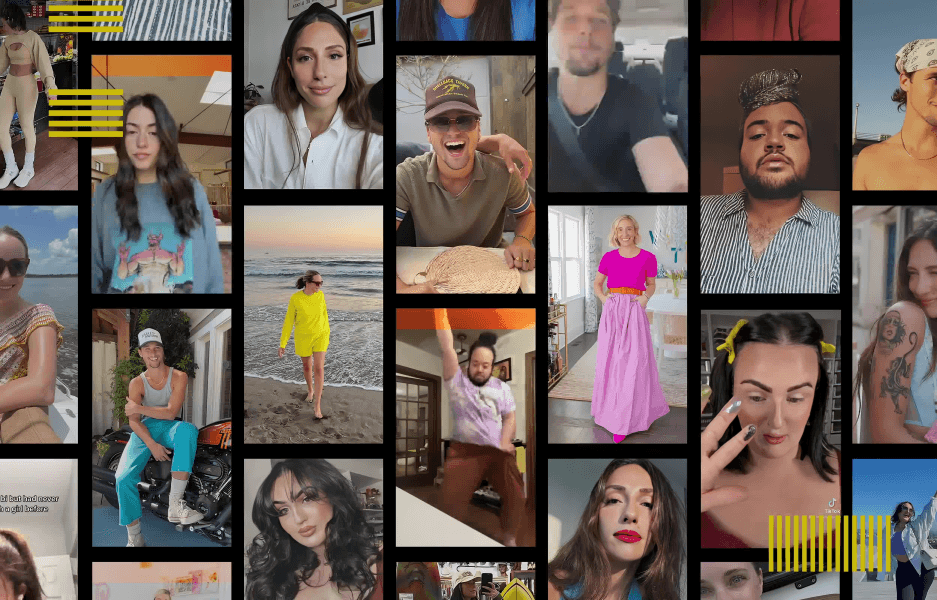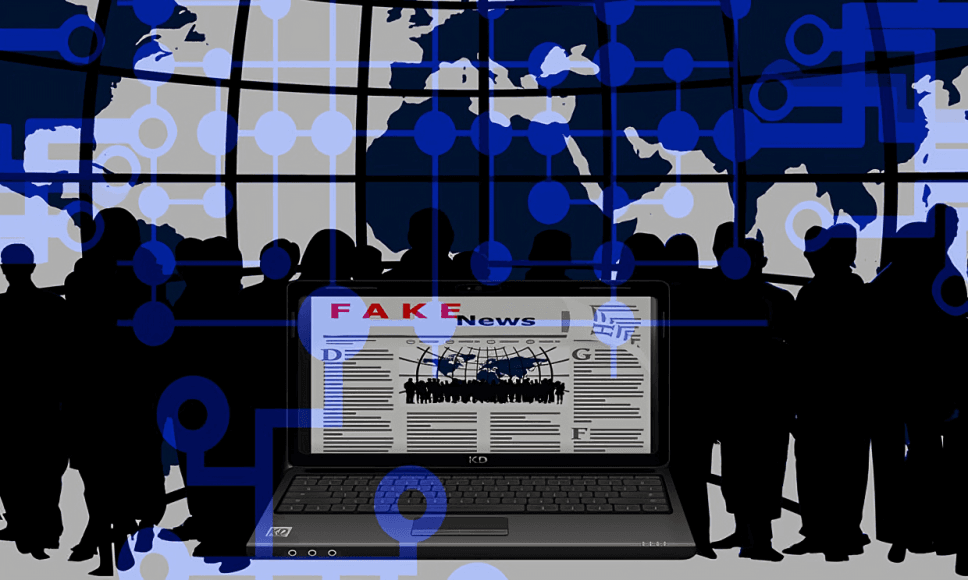
“
In today's digital age, social media affects mental well-being more than many realize. From influencing mood to shaping self-perception, its impact reaches across all age groups. While it offers connection and entertainment, excessive use can lead to stress, anxiety, and reduced self-esteem.1
1
”
A well-known doctor warns that spending several hours daily on social media can raise the risk of anxiety and depression, especially among teens whose emotions are still developing and impressionable. 1
When people post photos hoping for approval through likes or comments, their self-esteem becomes tied to reactions, making them anxious if their content doesn’t receive expected engagement. 2

Seeing friends post fun outings or achievements can make others feel left out or lonely, leading to emotional exhaustion from constantly checking to see what they’re missing out on.
Spending long hours scrolling before bed can interrupt natural sleep rhythms and make it difficult to relax, which negatively affects both emotional balance and next-day mental focus. 3
The repeated thrill of likes and messages releases brain chemicals that mimic addiction, causing some people to neglect real relationships, daily responsibilities, and emotional well-being over time. 4
Constant exposure to filtered photos can alter how people view themselves, sometimes causing an obsession with flaws or a desire to surgically match online images that aren’t even realistic. 5
Young users who follow fitness or beauty influencers may start to believe they need to look a certain way, which can spark unhealthy eating patterns or poor self-image. 6
Scrolling through bad news or dramatic content for hours can leave people feeling hopeless or afraid, especially during difficult global events, increasing stress without any constructive outcome. 7
Many people believe their lives are less meaningful when comparing their reality with others’ perfect-looking posts, even though most online content hides real-life problems or emotional struggles. 8

Influencers often feel extreme pressure to stay relevant, leading to exhaustion, mood swings, and even therapy, because their personal lives become a nonstop business performance.
Research shows that teens struggling with emotional health tend to spend more time online than their peers, which can intensify negative feelings if they’re already vulnerable to anxiety or depression. 9
Social media platforms are intentionally designed to keep users engaged for hours, using techniques like infinite scroll or surprise alerts, which drain time from healthier offline habits or rest. 10
Severe online bullying has caused tragic cases where individuals, feeling hopeless and unsupported, take drastic steps to escape the emotional pain created by repeated digital harassment. 11
Many teens feel they must post regularly and appear cheerful online, even when they’re not okay inside, causing disconnection from their true feelings and increasing stress. 12
Rapid switching between posts, videos, and chats trains the brain to crave constant change, which makes it harder to focus on long-term tasks like studying or meaningful conversation. 13

Fake news and harmful trends spread quickly, and users exposed to alarming or dramatic content can experience higher anxiety without knowing what’s true or how to respond calmly.
One philosopher believed that living for public opinion destroys inner peace—this fits today’s world, where following online trends too closely can cause people to forget who they truly are. 14
Taking breaks from social media has been linked to better sleep, clearer thinking, and improved mood, suggesting that reducing usage can directly improve emotional health and balance. 15
When people obsess over gaining likes, shares, or followers, their happiness becomes dependent on digital popularity, which can cause intense stress when their efforts don’t get much attention. 16
A respected doctor explains that social platforms are built to exploit human psychology, making them addictive by design and potentially harmful unless users learn how to use them responsibly. 17


